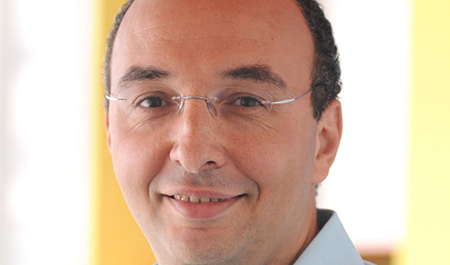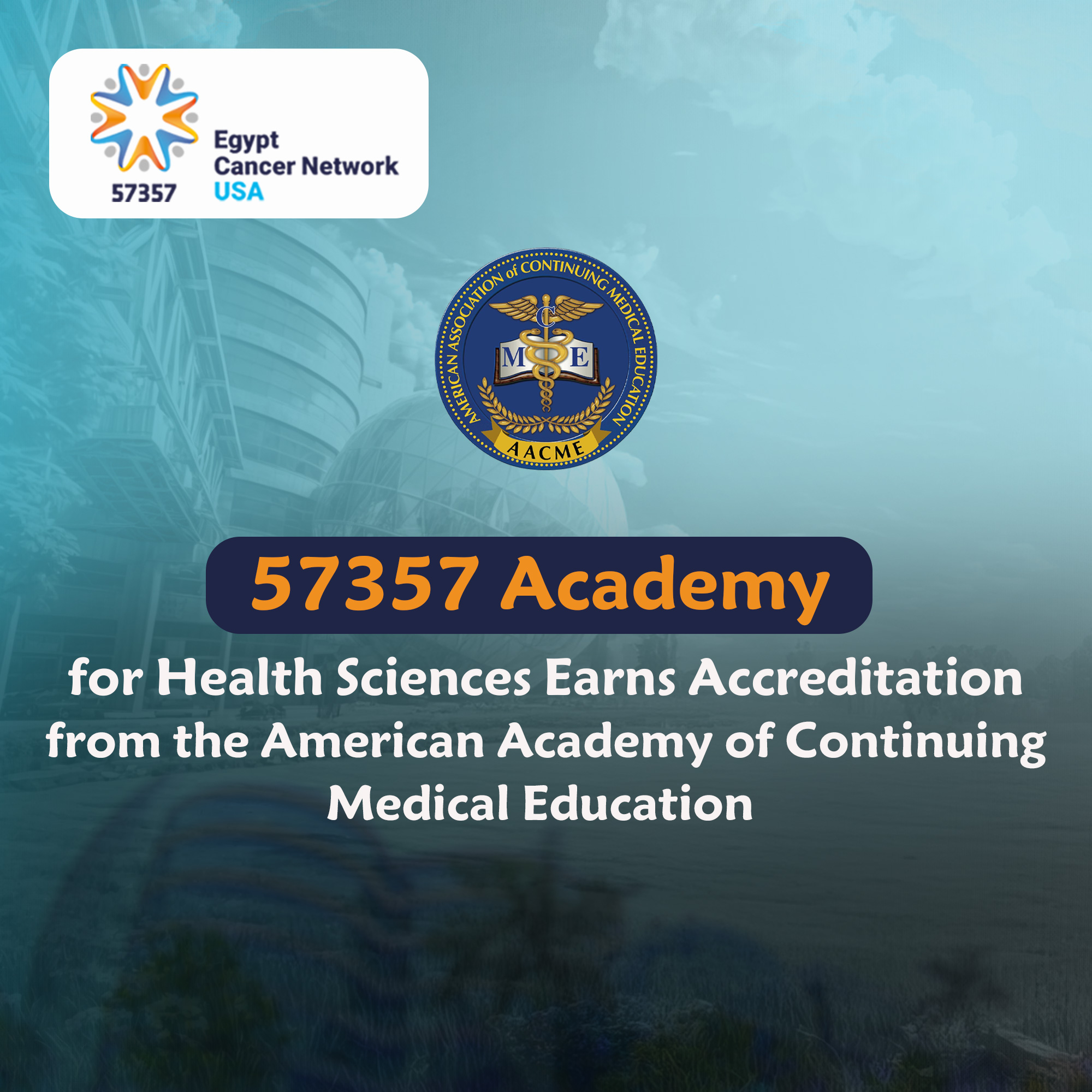Dr. Ahmed: “Hospital 57357 has reached such a position…..that compels it….out of moral responsibility …to share with the rest of the world its findings
I met him in his office as he was mentoring Nihal, a young 57357 research team member on how to write a concept paper to introduce her research project. A week earlier, during the visit of the Minister of Endowments to the Hospital, I had been impressed by his passion and enthusiasm about the inevitability of turning Hospital 57357 into a world-steering locomotive in pediatric oncology research.
Dr. Ahmed Nabil is Associate Professor of Pediatrics-Hem-Onc Cell & Gene at Baylor College of Medicine, Houston, Texas. He is a physician scientist engaged in translational research focusing on improving therapy for brain tumors. Dr. Nabil is one of many Egyptian Americans who despite being established abroad, still hold the love of their homeland Egypt in their hearts, generously offering support to its development and welfare.
Below are excerpts of my interview with him:
Since when have you been involved with 57357?
Actually it goes back to 1997. I was invited then to participate in the meetings with the foreign consultancy firm involved in the establishment of Hospital 57357. Back then I thought that this project was too ambitious to see the light. In 2000 I left to the U.S. to work first for three years in pediatrics in Cornell and Mount Sinai, three more years as pediatric oncologist in Baylor College of medicine, Texas, after which I became more involved in Research. All through the development of my career, I never lost sight or contact with Hospital 57357 and Egypt. I am proud of all what has been accomplished by the 5737 Institution and I firmly believe that it is destined for even greater achievements
You seem so convinced that one day Hospital 57357 would be the world leader in pediatric oncology research, what is the basis of this belief?
It is a fact that successes in treatment and cure of children with cancer were achieved because there was a general consensus and determination among the international medical and research communities to share the knowledge they acquire in this field. Being the largest and busiest up to date pediatric oncology Hospital in the world, Hospital 57357 has reached such a position and magnitude, that compels it out of moral responsibility and not only by choice to share with the rest of the world the valuable knowledge and findings it acquires about the disease within a significantly shorter time span. Hospital 57357 has a definite competitive edge in terms of numbers of patients it encounters for each and every disease type making it attractive for other renowned international research groups to collaborate in research projects. Moreover, Hospital 57357 has also the human resources potential and the will to become a world leader in pediatric oncology research which aims at breaking cure rates records and to improve patients’ quality of life after cure.
What is your plan to take 57357’s research to the next level?
The 5 and 15 year plan was set up as early as 2013 and extends till 2030.” It rests on 3 components: the culture, the people and the facilities. With respect to the first component, spreading the culture of research has to be carried out first within the Hospital. Physicians, Fellows, healthcare professionals have to be in communication with basic and translational researchers inside the hospital. All healthcare professionals have to be engaged in research out of conviction that it is the only way to improve cure rates and patents ’outcomes.
The second component is the researchers. Presently, we have six center directors for the six disciplines of Research including umor biology, tumor immunology, genome, epidemiology, small molecule, and bio-repository. Three Staff scientists for whom I have been able to secure grant funding are receiving training in the U.S. We are in need of 15 to 20 more researchers for whom training abroad would be sponsored by Egypt Cancer Network. In our selection of researchers, we look for passion, inquisitive mind and quality leadership. These will ultimately be our second generation of center directors. With respect to the 3rd component, we have already an incubator lab which is nearly complete. We are currently engaged in two major research projects and collaborating with renowned centers in North America: Texas Children’s Hospital, Stanford University, and the University of British Columbia.
You travel back and forth between Texas and Cairo, do you see yourself established again in Egypt?
Ultimately, this is what I look forward to.
I leave Dr. Nabil on a note of optimism and hope. Through his enthusiasm, positive energy, and determination, he has already convinced me that one day not too tardily, Hospital 5735 will be leading in pediatric oncology research.
Excerpts of Dr. Nabil Ahmed’s Biography from Texas children’s hospital website.
About Dr. Nabil Ahmed
Dr. Nabil Ahmed received his M.D. and his Masters in Public Health at Cairo University in Cairo, Egypt. Dr. Ahmed is a board-certified member of the American Board of Pediatrics and is a board-certified specialist in pediatric Hematology Oncology.
His clinical interests include bone marrow transplantation and cell and gene therapy.
Dr. Nabil Ahmed is a member of the Center for Cell and Gene Therapy (CAGT) and Dr. Helen Heslop’s Research Laboratory. He is also a member of the Brain Tumor Program.
Education
M.D., Faculty of Medicine, Cairo University, Cairo, Egypt
M.P.H. and Fellowship, National Cancer Institute Cairo University, Cairo, Egypt
Fellowship, Baylor College of Medicine
Residency, Children’s Hospital of New Jersey
Residency, Mount Sinai School of Medicine
B.S., Kasr El-Aini School of Medicine, Cairo University, Cairo, Egypt
.
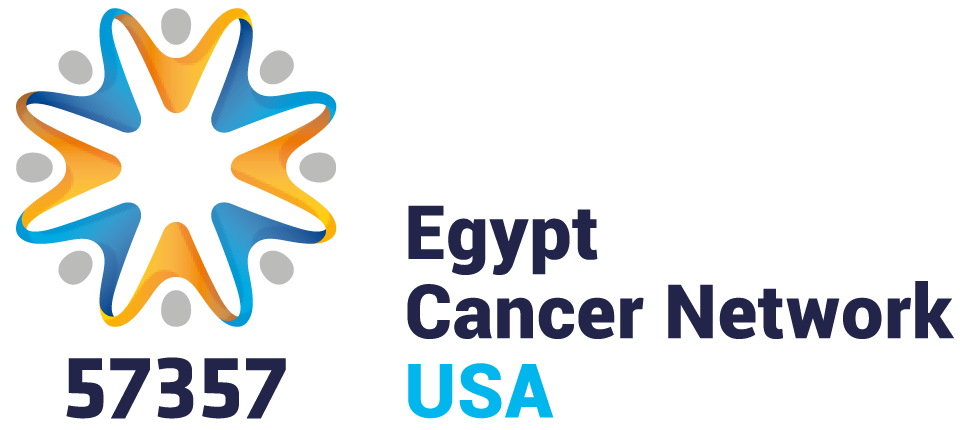
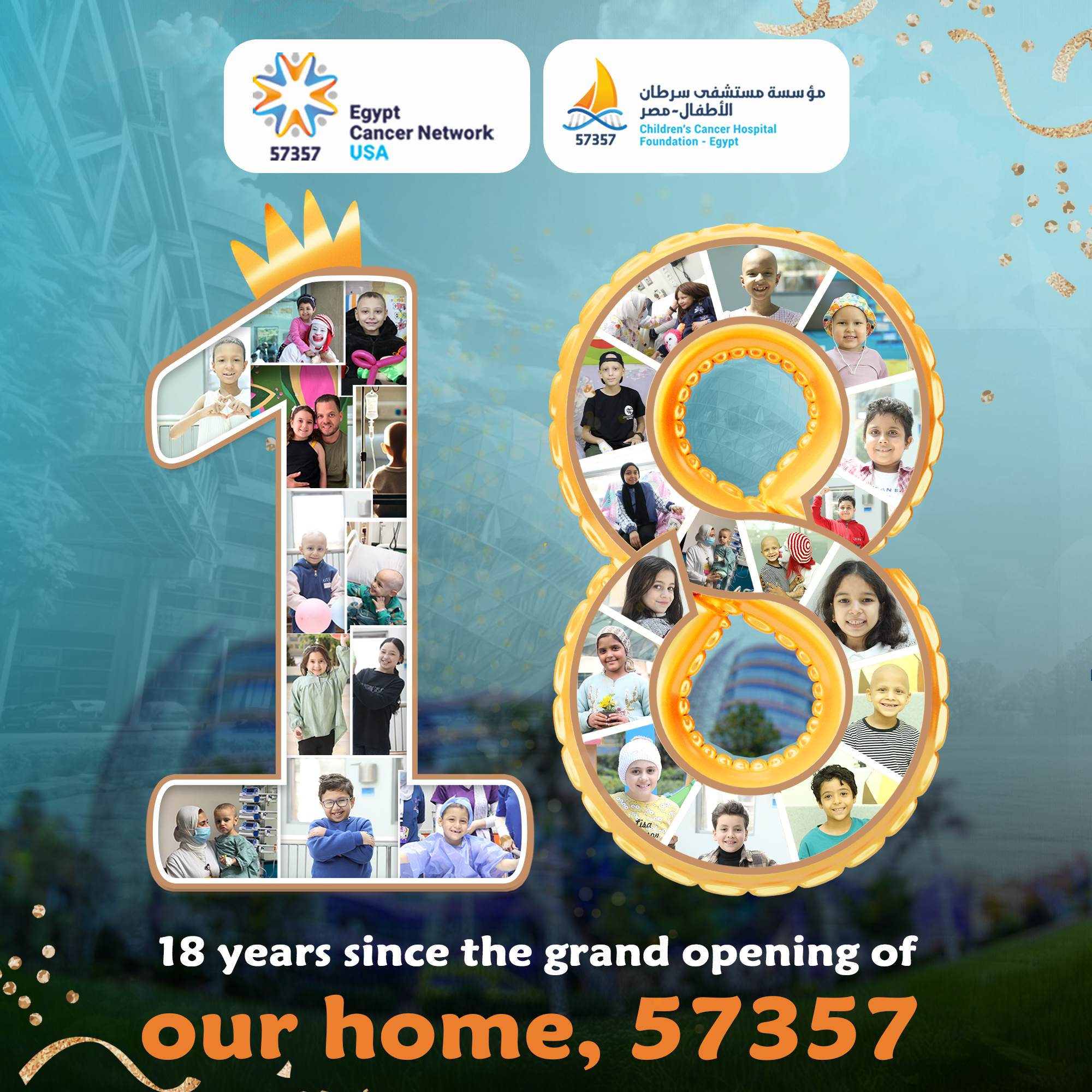
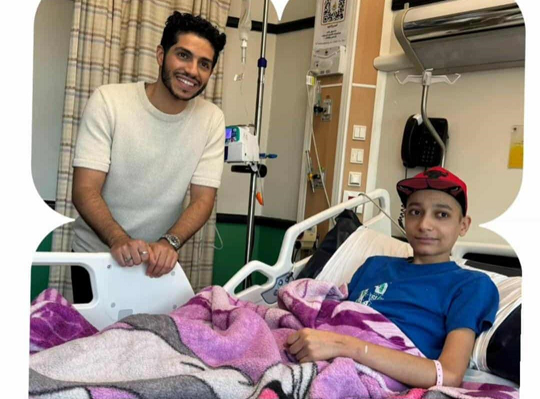
 Donate Now
Donate Now